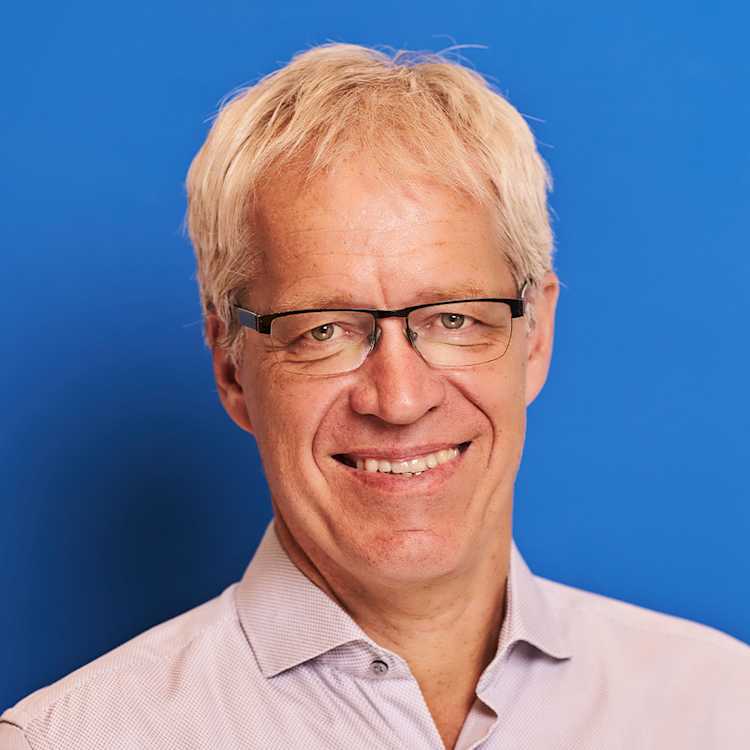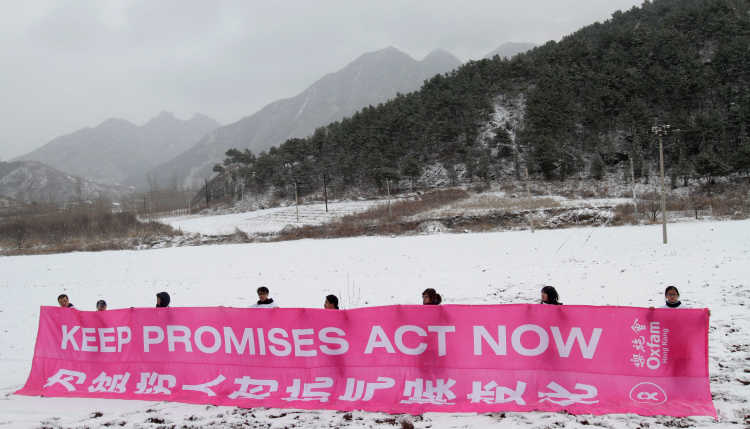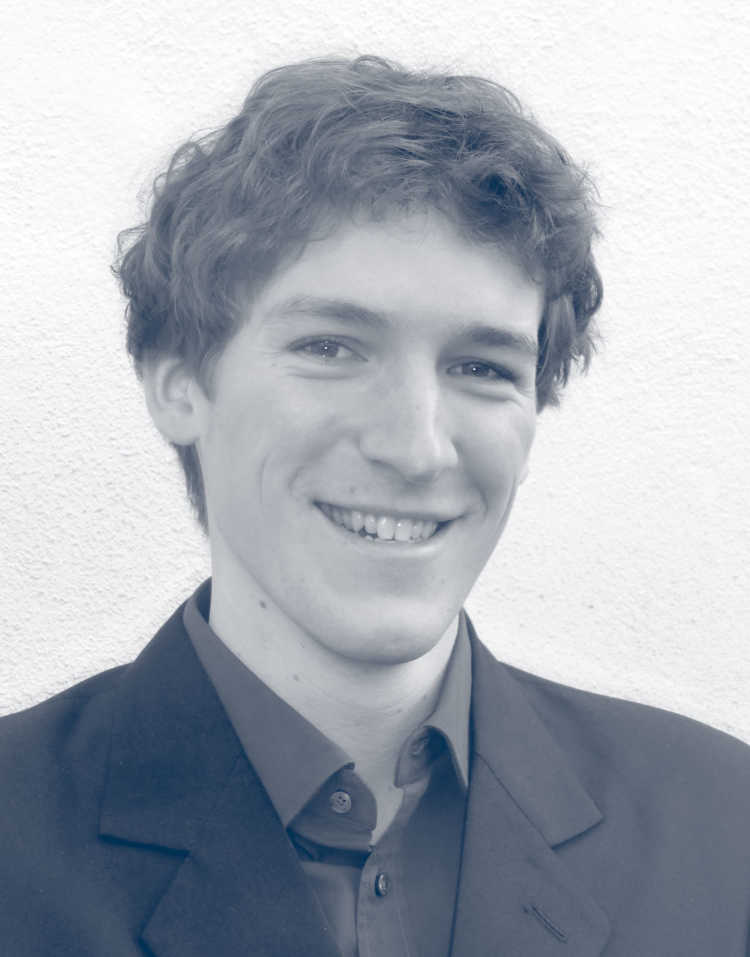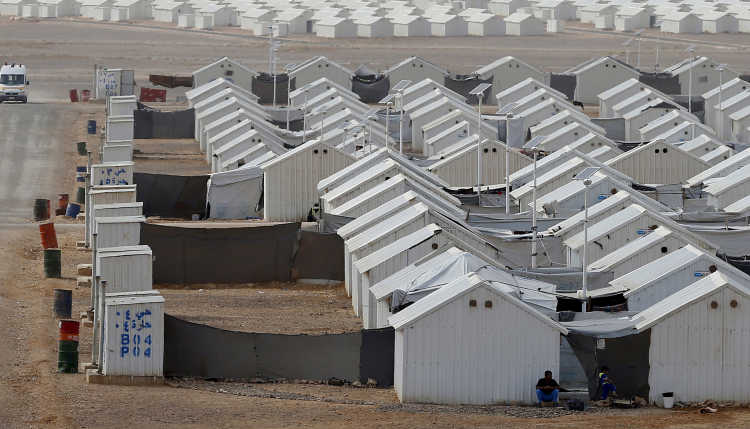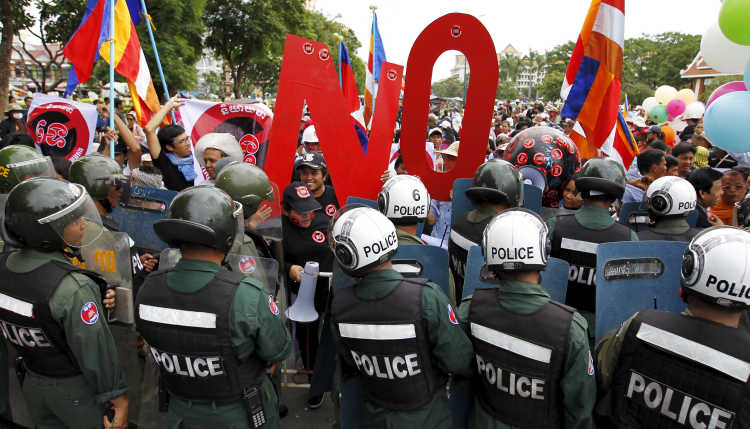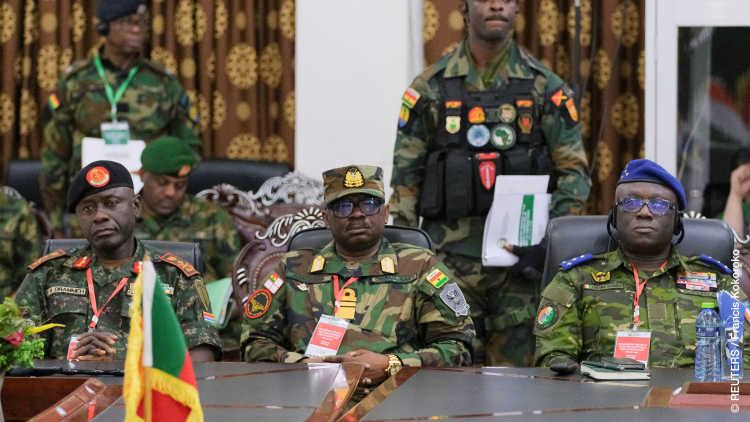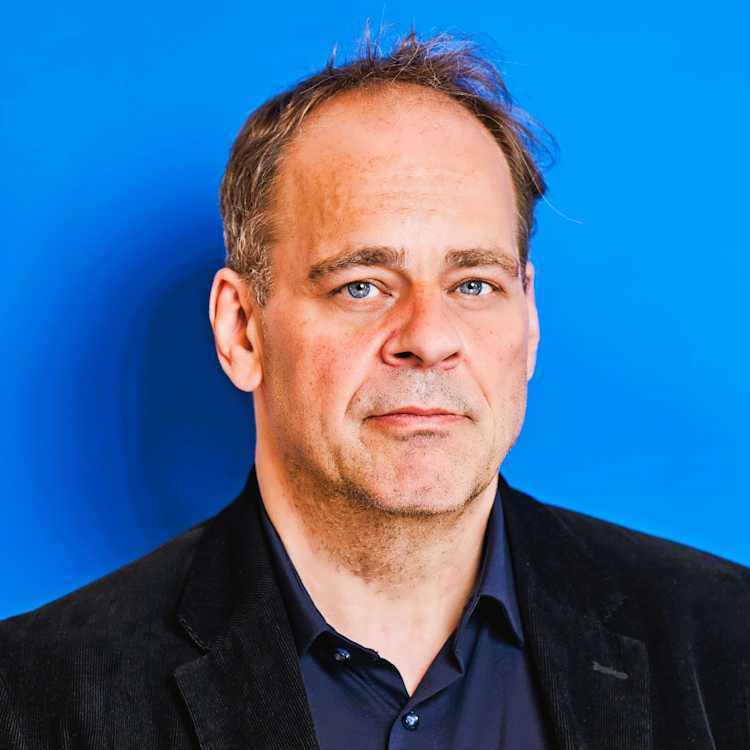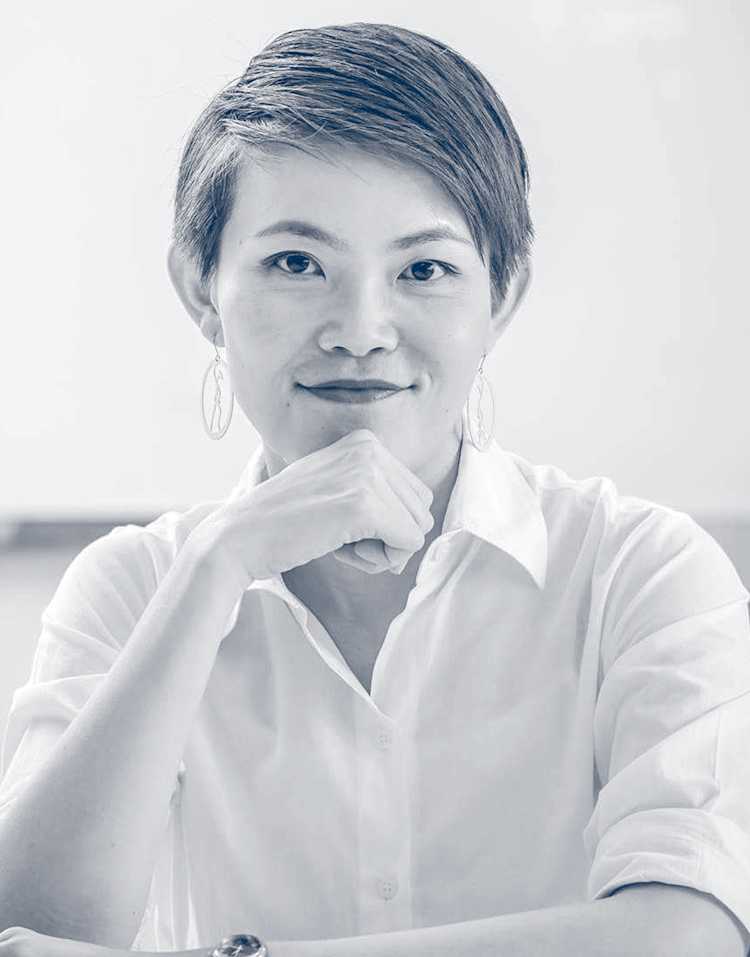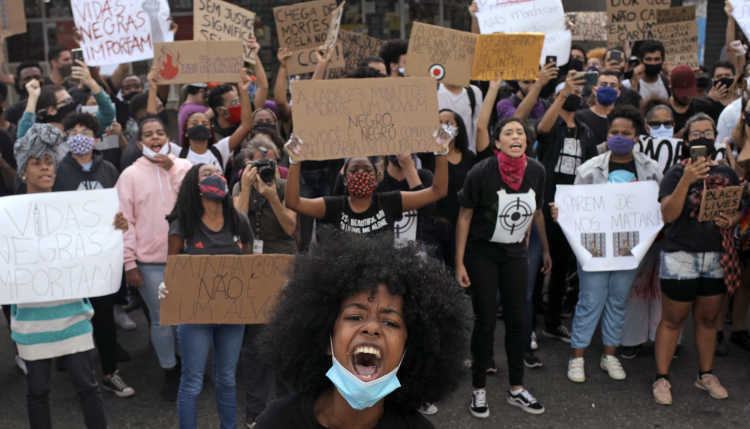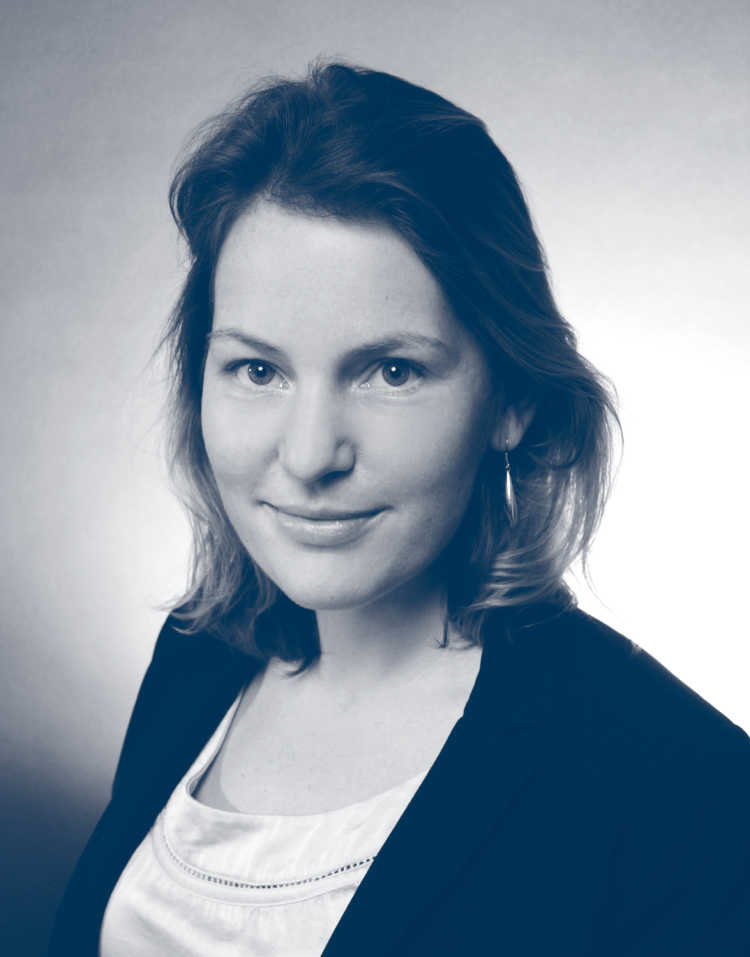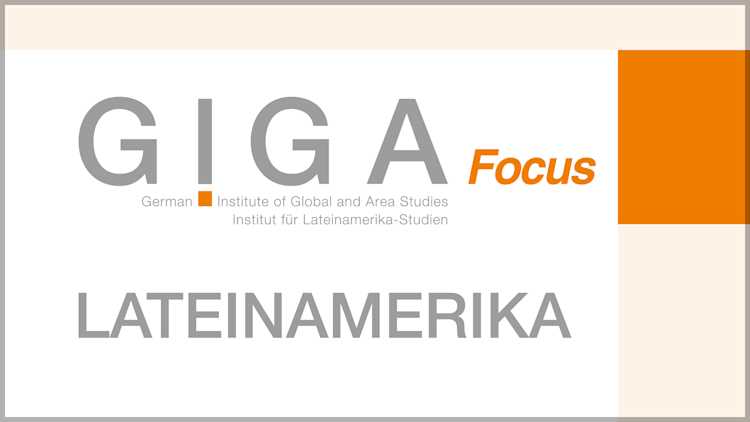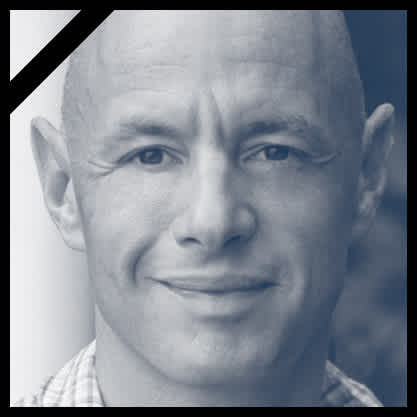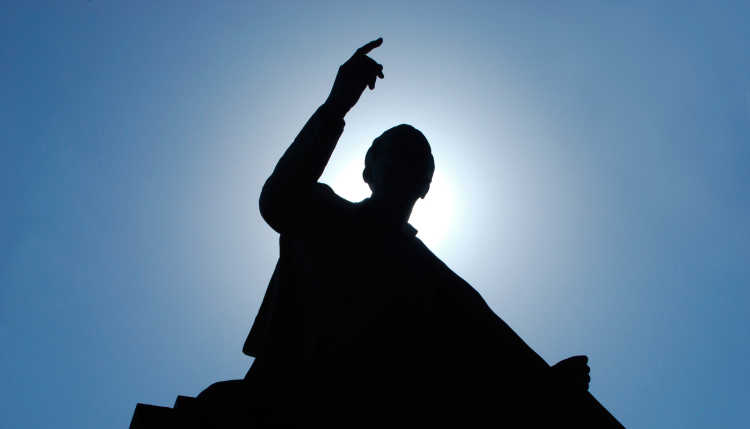- Home
- Publications
- GIGA Focus
- The Return of the Military
GIGA Focus Latin America
The Return of the Military
Number 7 | 2018 | ISSN: 1862-3573
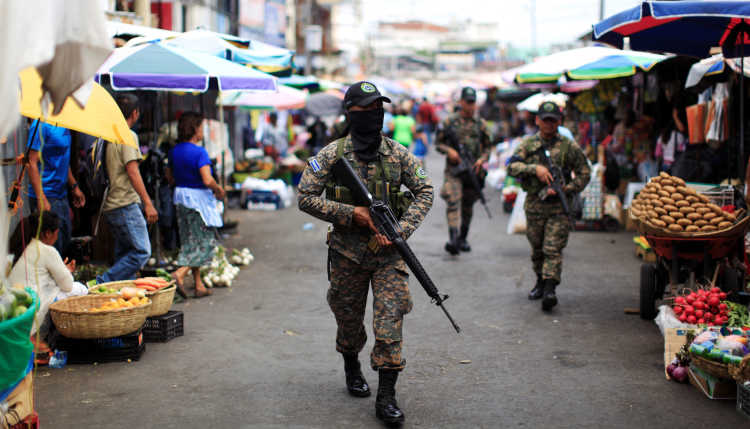
Brazil now has a president-elect who glorifies the military dictatorship and a general as vice president-elect; in Guatemala, officers made their menacing presence felt as they literally stood behind the president as it was announced that the government would not renew the mandate of the International Commission against Impunity in Guatemala; and, Argentina intends to again use armed forces in conflicts within the country. In Latin America, the military is once again openly intervening in politics. The continent seems to be on its way back to a past that many had thought overcome.
Although history seldom repeats itself and straight-out military regimes are unlikely, the continent is in a political crisis. The basic structural problems of violence, corruption, and inequality persist and continue to undermine democratic institutions.
The use of the military in crises is met with hardly any resistance, not only in defective democracies such as Guatemala or in authoritarian contexts such as Venezuela. In fact, surveys show that the military enjoys surprisingly high levels of trust throughout the entire region even despite past human rights violations.
The increasing violence against human rights activists is decreasing the room for manoeuvre of civil society actors, a group whom democratic societies need for stability and conflict management.
The coming into office of Donald Trump as president of the United States has buttressed right-wing authoritarian movements in Latin America. In that context, as the military advances into politics it has nothing to fear from Washington.
Policy Implications
While international attention had been focusing on the return of authoritarian structures in Nicaragua and Venezuela for some time now, the election of farright, former reserve officer Jair Bolsonaro as president of Brazil shocked the continent. This is a dramatic wake-up call. Only if state and non-state actors support those political, economic, and social forces that defend democratic institutions can a new phase of political militarisation in Latin America be prevented.
The Unfulfilled Promises of Democratisation
The democratisation of Latin America over the past four decades had been accompanied with high hopes: stable civil institutions, regular elections, and respect for opposition and civil society organisations based on the rule of law. The political participation of hitherto marginalised populations – especially indigenous and Afro-Latin American groups – was to help redress the longstanding, deep-rooted problems of inequality and violence through democratic means. In the “lost decade” of the 1990s – marked by a debt crisis and failed adjustment programmes – the Latin American political systems passed their first acid test. In the new century, the region then elected governments during the so-called pink tide that promised more social justice without questioning the hard-fought fabric of democratic institutions. Latin America seemed on a promising path. By the end of 2018, however, these positive developments seem to have come to an abrupt halt. The current crisis in the region reveals how democratically elected governments have failed to deliver in recent decades due to three structural and interlinked problems. First, they have not changed the resource-extraction model prevailing since colonial times, instead even strengthening it in the context of rising demand from China. Second, key pillars of democratic systems – rule of law and accountability (especially of elites) – have remained only poorly developed, which has in turn promoted corruption and impunity. Third, while the era of long-running wars has come to an end, overall violence has not decreased and instead merely shifted. Latin America remains the region with the highest levels of violence worldwide, albeit with large subregional differences. The inability to overcome deep-seated social inequalities has supported crime and violence. In the absence of outlooks for a legal future, more or less organised crime often provides marginalised populations with the only viable opportunity for economic survival and social advancement. Institutions – namely, the police and the judiciary – have not been in the position to fight crime effectively and with the rule of law. In that context, the attendant escalation of violence has paved the way for hard-line policies. This not only undermines basic democratic rights but legitimises state violence against alleged criminals and, increasingly, against civil society representatives who peacefully campaign for political reform. The resulting threat to democracy, which is currently receiving widespread media attention with the case of Brazil, has been on the agenda throughout the region for some time now. As early as the end of the Cold War, fundamental political reform had been requested across Latin America. Figure 1 shows how the election of left-wing governments since 2005 – and the associated hopes for greater political participation and better living standards – initially led to a reduction in political protests. However, the high expectations of achieving a lasting reduction of violence and inequality through fundamental change have not been realised in many countries. As a result, there has been a dramatic increase in protests against political corruption and for more participation since 2014. At the latest since 2015, this societal mood change is also reflected in the election of right-wing populist governments. The current president of Guatemala, Jimmy Morales, was for example elected with the slogan “neither corrupt nor a thief.” Meanwhile, Morales himself is suspected of having funded his election campaign with illegal donations. In Peru, Pedro Pablo Kuczynski only barely won the 2016 election against the daughter of ex-dictator Alberto Fujimori. In 2017 he had to resign, however, because his company had received illegal funds from the Brazilian construction company Odebrecht in the years 2005 and 2006 (Heuser 2018).
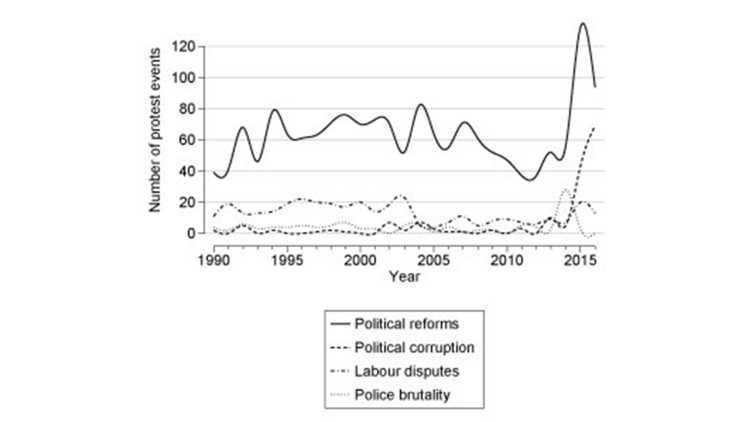
The Military as Helper in Times of Need?
Corruption and crime are commonplace in many Latin American countries. Data of the Brazilian Igarapé Institute shows that 17 out of the 20 countries in the world with the highest homicide rate (murders per 100,000 inhabitants) are situated in the Americas. Most affected are El Salvador, Jamaica, Venezuela, and Honduras, followed by Brazil, Guatemala, Colombia, and Mexico (Muggah and Tobón 2018). One-third of all murders worldwide are committed in Latin America and the Caribbean. The perception of pervasive insecurity in everyday life is also reflected in surveys, and even affects those in countries with relatively little actual violence. For example, around two-thirds of the respondents usually state that they are often or always afraid of becoming victims of violent crime (Latinobarómetro 2017). This significantly influences who and by what means citizens hope to achieve an improvement in their living situation. Throughout Latin America, a high level of distrust in traditional law enforcement agencies has been evident for years. Surprisingly, this loss of trust does not apply to all security forces to the same extent. The population has little confidence in the police. Polls conducted by the AmericasBarometer show that trust in the military – regardless of past military dictatorships – is significantly higher than it is in the local police (Figure 2). In particular in Central America, the “trust gap” between police and military has increased significantly over the past 10 years. This trend has also been observed in South America since 2014. In the context of far-reaching corruption and a lack of professionalism among the criminal-apprehending and investigative authorities, organised crime – driven by drug cartels and gangs – has been able to spread largely unimpeded. As a result, crime rates rose and distrust of the police significantly increased (Pion-Berlin and Carreras 2017). This development has not remained without consequence. Throughout the region, there has been a marked shift in internal security away from the police and towards the military (Kyle and Reiter 2018). In countries such as El Salvador, Guatemala, Honduras, and Mexico, soldiers are now entrusted with safeguarding law and order. In 2018, Brazil also took this path when its military took control over the local police in certain parts of the country. Even in Uruguay, widely regarded as a democratic and non-violent textbook model in Latin America, the military has joined the police in patrolling the borders it shares with Argentina and Brazil.
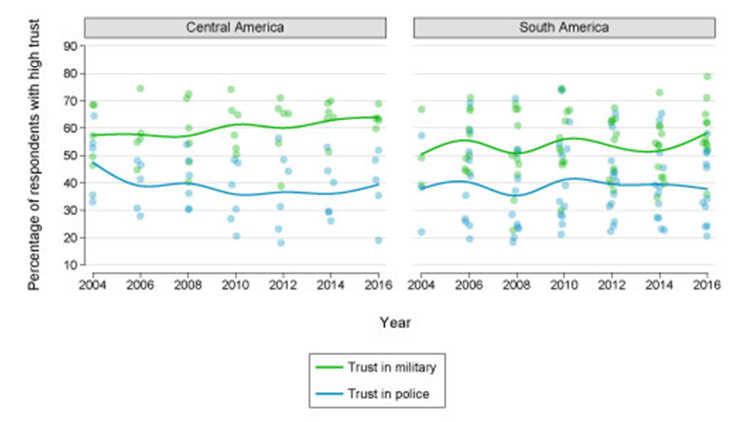
In the media, the use of soldiers to fight crime is often attributed to decisions made by political hardliners. Especially in times of election campaigns, politicians seem inclined to sell a radical, uncompromising crackdown on crime and violence as a simple solution to complex problems. However, the sole focus on right-wing populist politicians fails to recognise that the use of the military against criminal gangs is met with great approval by the population. Surveys by the AmericasBarometer show that in most Latin American countries more than two-thirds of the population support the internal use of the military (Figure 3). In countries with very high crime rates, such as El Salvador, Honduras, and Mexico, this approval rate is even higher. This may also explain why the new president of Mexico, Andrés Manuel López Obrador, was able to promise a departure from the militarised security policy of his predecessors in his election campaign, yet renounced this undertaking before his inauguration in December 2018. Even in Argentina, Chile, and Paraguay, where the population has suffered under repressive military dictatorships in the past, about half of interviewees are still in favor of internal military operations.
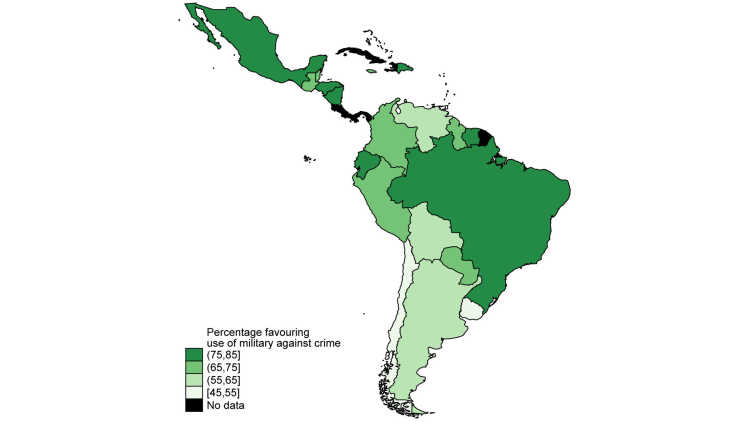
The approval of internal military operations is closely linked to the high prestige of the military apparatus. Many citizens of Latin America see the military as a competent guarantor of security and stability, seemingly unfazed by or oblivious to past experiences with corrupt and violent dictatorships (Pion-Berlin and Carreras 2017). Data from the AmericasBarometer show that high levels of trust in the military go hand in hand with the desire to use the armed forces to curb crime and violence (Figure 4), whereby any possible negative consequences of such missions are apparently seen as subordinate. Looking at the subcontinent as a whole, the approval rate for internal military operations is almost completely decoupled from citizens’ assessment of whether the military respects human rights. While this does not allow us to draw conclusions about the general importance of human rights in the region, it does underscore the pervasiveness of citizens’ fears of crime and violence. In other words, citizens appear to accept possible military assaults or human rights violations if this promises to reduce everyday crime and violence.
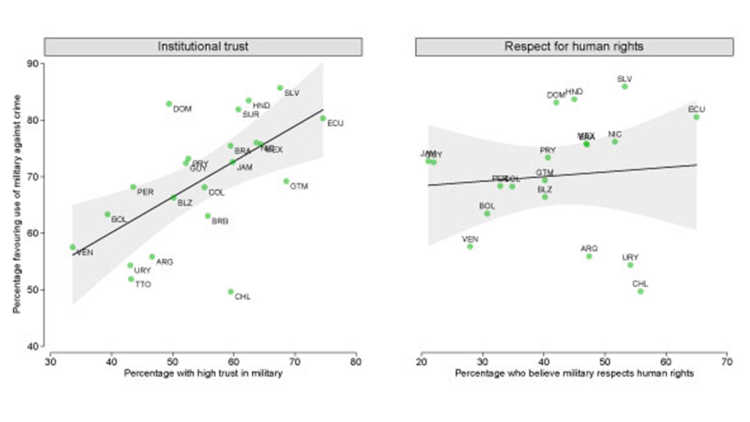
The Military as a Threat to Democratic Stability
The positive attitude harboured towards the military among large swathes of the Latin American population carries considerable risks. It can promote political rationales that undermine democracy and political participation. Internal military operations may promise security yet jeopardise core fundamental rights, such as freedom of expression and the rule of law. In addition, new studies agree that violent action by security agencies is in any case unlikely to curb criminal activity (Sullivan and O’Keeffe 2017). Accordingly, in Brazil the use of the military has not led to a noticeable reduction in crime (Stargardter 2018). Studies on other countries suggest that “crackdowns” tend to contribute to an escalation and spiralling of violence between state and non-state actors (Condra and Shapiro 2012). In Latin America, as in other regions of the world, the military is neither equipped for police duties nor are soldiers trained for police work (Pion-Berlin and Carreras 2017). The events in Brazil show how the use of soldiers to combat crime can lead to deadly confrontations with the civilian population (Human Rights Watch 2018). Similar experiences have also been reported from Mexico, where the armed forces are presently taking action against drug cartels (The Guardian 2017). In addition, there is evidence that the use of the military is not limited to the fight against crime. In many countries, political violence is increasing against representatives of civil society and social organisations as well as against independent judges, federal prosecutors, and journalists. Prominent examples include the murder of Honduran environmental activist Berta Cáceres in 2016 or city council member Marielle Franco in Rio de Janeiro in 2018. In addition there are many human rights defenders and activists who have lost their lives yet whose deaths have not been reported in the international media. In Colombia, more than 300 representatives and activists of social movements have been killed since the signing of the peace agreement between the FARC (Fuerzas Armadas Revolucionarias de Colombia) and the government in 2016; the majority of these victims had been working to implement the agreement and its associated reforms. Violence is intended to intimidate beyond the realm of those directly affected; this massively restricts the scope for action of civil society actors. Moreover, the increased use of the military against mostly peaceful demonstrators has also resurged in recent years. In Guatemala, in 2012, at least eight demonstrators died from gunfire in protests against the increase in electricity prices. The democratisation process had originally seen the reform of state security forces – including the clear separation of police and military mandates – in a number of countries. Yet in the context of fighting crime, this is now being softened or reversed in many places. In Guatemala, for example, the inadequate investigation of human rights crimes has bolstered a continuity of staffing in the military and police. Even in countries like El Salvador, where a whole new civilian police force was created after the civil war, former military leaders were called on to assume key police positions. Alliances between politicians and members of the armed forces thus actively prevented far-reaching reform. In this context, the poorer segments of the population as well as oppositional interest groups are particularly likely to become the target of state security bodies. In Nicaragua, more than 300 people died from gunfire in recent demonstrations. In Brazil and Honduras, there has been an alarming increase in killings of human rights defenders in the last three years (Figure 5). Despite this development, the winner of the Brazilian presidential election, Jair Bolsonaro, promised the police and military a carte blanche for the use of deadly force in the fight against crime. It is safe to assume that this measure will incite violence against civil society actors and thus further undermine democratic institutions. While it is not always clear whether murders are committed by members of the military or the police, the criminalisation of social movements and their stigmatisation as “terrorists” – the term used by Bolsonaro for members of the landless movement in Brazil – creates a climate that justifies murder and further encourages such acts.
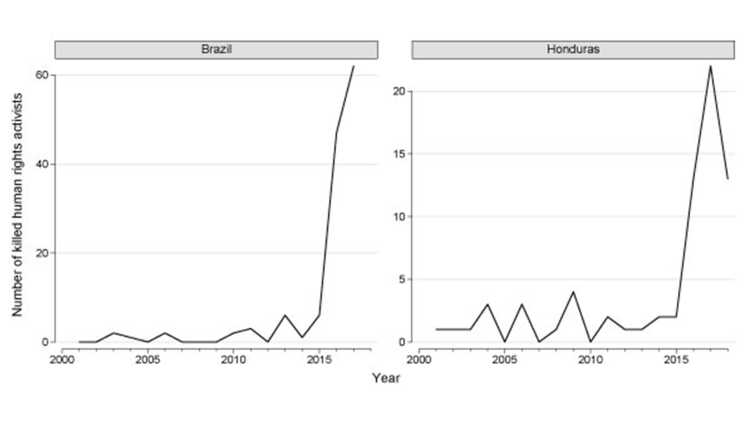
Civil society groups contribute significantly to political reform and to the non-violent transformation of conflicts within democratic systems. Especially where corruption and clientelism weaken political institutions, they point to grievances and articulate social interests. This allows, especially, marginalised groups to actively exercise their democratic rights. Recent political developments – be it the violence committed by autocratic governments in Nicaragua and Venezuela or the emergence of right-wing populist, pro-military movements such as those in Brazil and Guatemala – give reason to fear the further shrinking of civic space, as well as an increase in state repression. This appears to augur a renewed erosion of democratic processes.
Global Tailwind for Authoritarian Behaviour
In the first decades of democratisation, many external actors – notable was the cooperation of the United States and the European Union – supported civil society actors and the consolidation of constitutional principles in Latin America. Between 1980 and 2013, some USD 62.9 billion of official development aid went to government and civil society there (AidData 2018). Brazil, as the only country in Latin America, became a strategic partner of Germany in 2008; the first governmental consultations between the respective cabinets took place in 2015. The OECD accepted Colombia, as the third Latin American country after Chile and Mexico, as a member nation in 2018. This international recognition was intended to contribute to the stabilisation of democracy and reform processes in the respective countries. Despite these efforts – or because of the success thereof – Latin America has not figured prominently in German and European foreign policy. Instead, other crises – especially those in North Africa and the Middle East – have dominated the foreign policy agendas of Western countries. However, this has had serious disadvantages for the most recent developments. For example, the weak rule of law has been acknowledged in many individual cases but not been recognised as a systemic problem at the international level until recently. The International Commission against Impunity in Guatemala, which has been active since 2007, is an example of the need for cooperation. It shows that where international support meets internal reform actors, cooperation can also be effective. Resistance to similar projects in El Salvador and the currently limited scope for development in Honduras shows how difficult it is to implement such initiatives if international support does not join forces with local partners. With the slowdown in international engagement, compounded by the shift occurring in US foreign policy since Donald Trump took office, the implementation of any outstanding reforms is left up to local power relations – with the risk that said reforms will stagnate or even be reversed. This endangers past democratic achievements, and prevents the consolidation of democratisation. The US government openly welcomes the rise of right-wing authoritarian movements and the increased influence of the military. National Security Adviser John Bolton declared Brazil’s election outcome a “good sign,” and Bolsonaro a “like-minded leader” (Gaouette 2018). Hence, the protection of civil society plays a subordinate role – if any at all. Ambivalent stances or the recognition of illegal changes of government, such as the attempted coup against Hugo Chávez in Venezuela in 2002 or the ousting of the Honduran president in 2009, weaken the regional sanctioning mechanisms of the OAS Inter-American Democratic Charter. Moreover, such stances are risky and politically counterproductive, similar to the recent rumors or reflections on a possible military coup against the Venezuelan government. In order to avoid broad-scale setbacks for democracy, the region’s democratic forces need international support. Here Europe and Germany have a decisive role to play. In terms of foreign policy, it is important to support governments that defend the institutional achievements of democratisation as well as to signal political support to an engaged civil society – and to protect its representatives. This also includes countering any authoritarian transgressions induced by those in power who – with the help of the military – are now calling into question the rights of certain groups or civil society actors. Even though there will hardly be a return to the military governments of the past, the growing political role of the military is nevertheless endangering the already weak foundations of the Latin American democracies.
Translation: Cathleen Poehler.
Footnotes
References
AidData (2018), Aid Project List, http://dashboard.aiddata.org/#/advanced/project-list (19 November 2018).
Amnesty International Report (2001-2017/18), The State Of The World’s Human Rights, London, UK: Amnesty International, www.amnesty.org (16 November 2018).
Clark, David, and Patrick Regan (2016), Mass Mobilization Protest Data, Version 2, https://dataverse.harvard.edu/dataverse/MMdata (28 September 2018).
Condra, Luke N., and Jacob N. Shapiro (2012), Who Takes the Blame? The Strategic Effects of Collateral Damage, in: American Journal of Political Science, 56, 1, 167–187.
Gaouette, Nicole (2018), Bolton Praises Brazil’s Far-Right Leader, Slams Latin America’s „Troika of Tyranny“, https://edition.cnn.com/2018/11/01/politics/bolton-latam-troika-of-tyranny/index.html (26 November 2018).
Heuser, Christoph (2018), New President, Old Problems: Corruption and Organised Crime Keep Peru in Crisis, GIGA Focus Latin America, 4, July, www.giga-hamburg.de/en/publication/new-president-old-problems-corruption-and-organised-crime-keep-peru-in-crisis (27 November 2018).
Human Rights Watch (2018), Brutality in Police Uniform, 21 May, www.hrw.org/news/2018/05/21/brutality-uniform-brazil (16 November 2018).
Human Rights Watch (2001–2018), World Report, New York, NY: Human Rights Watch, www.hrw.org (16 November 2018).
Kyle, Brett J., and Andrew G. Reiter (2018), Militarization Redux, 27 July, https://nacla.org/news/2018/07/27/militarization-redux (16 November 2018).
LAPOP (Latin American Public Opinion Project) (2018), AmericasBarometer, www.vanderbilt.edu/lapop/about-americasbarometer.php (28 September 2018).
Latinobarómetro (2017), Latinobarómetro Análisis de datos, www.latinobarometro.org/latOnline.jsp (26 November 2018).
Muggah, Robert, and Katherine Aguirre Tobón (2018), Citizen Secuity in Latin America: Facts and Figures, Igarapé Institute, April, https://igarape.org.br/wp-content/uploads/2018/04/Citizen-Security-in-Latin-America-Facts-andFigures.pdf (16 November 2018).
Pion-Berlin, David, and Miguel Carreras (2017), Armed Forces, Police, and Crimefighting in Latin American, in: Journal of Politics in Latin American, 9, 3, 3–26.
Sullivan, Christopher M., and Zachary P. O’Keeffe (2017), Evidence That Curtailing Proactive Policing Can Reduce Major Crime, in: Nature Human Behaviour, 1, 10, 730–737.
Stargardter, Gabriel (2018), Murders, Killings by Cops Rise in Rio de Janeiro, Six Months into Intervention, 16 August, www.reuters.com/article/us-brazil-security/murders-killings-by-cops-rise-in-rio-de-janeiro-six-months-into-intervention-idUSKBN1L12A6 (27 November 2018).
The Guardian (2017), Mexican Troops Waging War on Drug Gangs Not Punished for Rights Abuses – Report, 7 November, www.theguardian.com/world/2017/nov/07/mexican-military-human-rights-abuses-war-on-drugs-report (27 November 2018).
General Editor GIGA Focus
Editor GIGA Focus Latin America
Editorial Department GIGA Focus Latin America
Regional Institutes
Research Programmes
How to cite this article
Kurtenbach, Sabine, and Adam Scharpf (2018), The Return of the Military, GIGA Focus Latin America, 7, Hamburg: German Institute for Global and Area Studies (GIGA), http://nbn-resolving.de/urn:nbn:de:0168-ssoar-60632-9
Imprint
The GIGA Focus is an Open Access publication and can be read on the Internet and downloaded free of charge at www.giga-hamburg.de/en/publications/giga-focus. According to the conditions of the Creative-Commons license Attribution-No Derivative Works 3.0, this publication may be freely duplicated, circulated, and made accessible to the public. The particular conditions include the correct indication of the initial publication as GIGA Focus and no changes in or abbreviation of texts.
The German Institute for Global and Area Studies (GIGA) – Leibniz-Institut für Globale und Regionale Studien in Hamburg publishes the Focus series on Africa, Asia, Latin America, the Middle East and global issues. The GIGA Focus is edited and published by the GIGA. The views and opinions expressed are solely those of the authors and do not necessarily reflect those of the institute. Authors alone are responsible for the content of their articles. GIGA and the authors cannot be held liable for any errors and omissions, or for any consequences arising from the use of the information provided.

